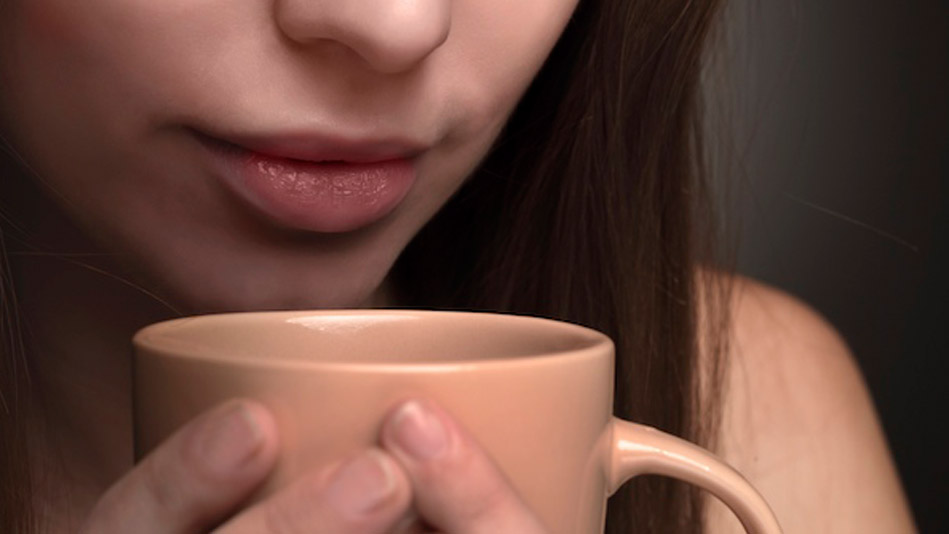7 Mistakes Coffee Drinkers Make

Photo: Thinkstock
Mistake: Abstaining on Sweaty Days
What you do: You've heard that coffee seriously dehydrates you, so you skip your fix when the temps are soaring or you've got a tough workout planned.
How it affects you: For a regular java drinker (even just a mug a morning), the withdrawal that comes from giving it up for a day can include not only headaches and lethargy but also muscle pain, apathy and depression, writes Murray Carpenter in Caffeinated, his investigation of modern caffeine culture. And it turns out your suffering is for naught! Lawrence Armstrong at the University of Connecticut published a research review in 2002 that found little compelling evidence that coffee dehydrates us, and a team he led in 2005 found no indication of a diuretic effect when following healthy young caffeinated men over 11 days. Other studies continue to debunk the myth. The reason we are prone to believe it may be because we tend to compare our bathroom habits when drinking coffee—which is, of course, a liquid—with our habits when we aren't drinking anything. (Note: Larger-than-normal or extreme amounts of caffeine may have a diuretic-like effect on the kidneys, but the body will likely adapt over time.)
What to try: Although Carpenter found that the fear of dehydration keeps many athletes from drinking coffee before a race, the jolt can have a significant effect on performance—sometimes increasing it as much as 3 percent. Carpenter puts that in context for recreational exercisers: "A runner who is able to complete a 10K race in 40 minutes without caffeine could shave off 72 seconds with caffeine. And caffeine could allow a cyclist competing in a one-hour time trial to drop a minute and a half."
Mistake: Underestimating the Stuff in the Styrofoam Cup
What you do: You brew some of the discount stuff at home, then get a cup from the gas station on the way into work...and dash out for another a few hours later.
How it affects you: You're probably getting way more caffeine than you realize—or need (hey, how have you been sleeping lately, anyway?). We tend to think that the flavorful brews we get at the sit-down cafe are the most potent, but it's the light-colored stuff at diners and drive-throughs that really packs a punch. Gourmet coffees tend to be made from smooth-tasting arabica beans, explains Carpenter, while less-expensive and store-bought brands are often made from a mix that include robusta beans, which can have twice as much caffeine as arabica. And with any type of bean, some of the caffeine gets burned off in the roasting process, so the darker, more thoroughly roasted brews have lost more of their power than the lighter drinks. "Picture a matrix, with light roast/dark roast on one axis and gourmet coffee/diner coffee on the other," writes Carpenter. "The least caffeinated of the four is the dark gourmet coffee."
What to try: Moderate your caffeine intake by dropping the third cup or ordering a darker French or Italian roast.
Mistake: Not Realizing That Coffee's Power Over Women Waxes and Wanes
What you do: You get the same-size brew every day of the month.
How it affects you: Hormonal fluctuations can slow down caffeine metabolism, explains James D. Lane, PhD, a professor of medical psychology at Duke University Medical Center in Durham, North Carolina, and a longtime caffeine researcher. That's why women who are pregnant (most docs agree that a cup a day is fine during pregnancy) or taking estrogen-containing contraceptives may feel like a little caffeine goes an extra-long way. Lane's studies have also shown that the process is slightly slower during the times of the menstrual cycle when estrogen is highest.
What to try: Switch to a smaller size cup during the late luteal phase of your cycle (or when you usually experience PMS) to see if it makes any difference in how you feel and how you sleep.



